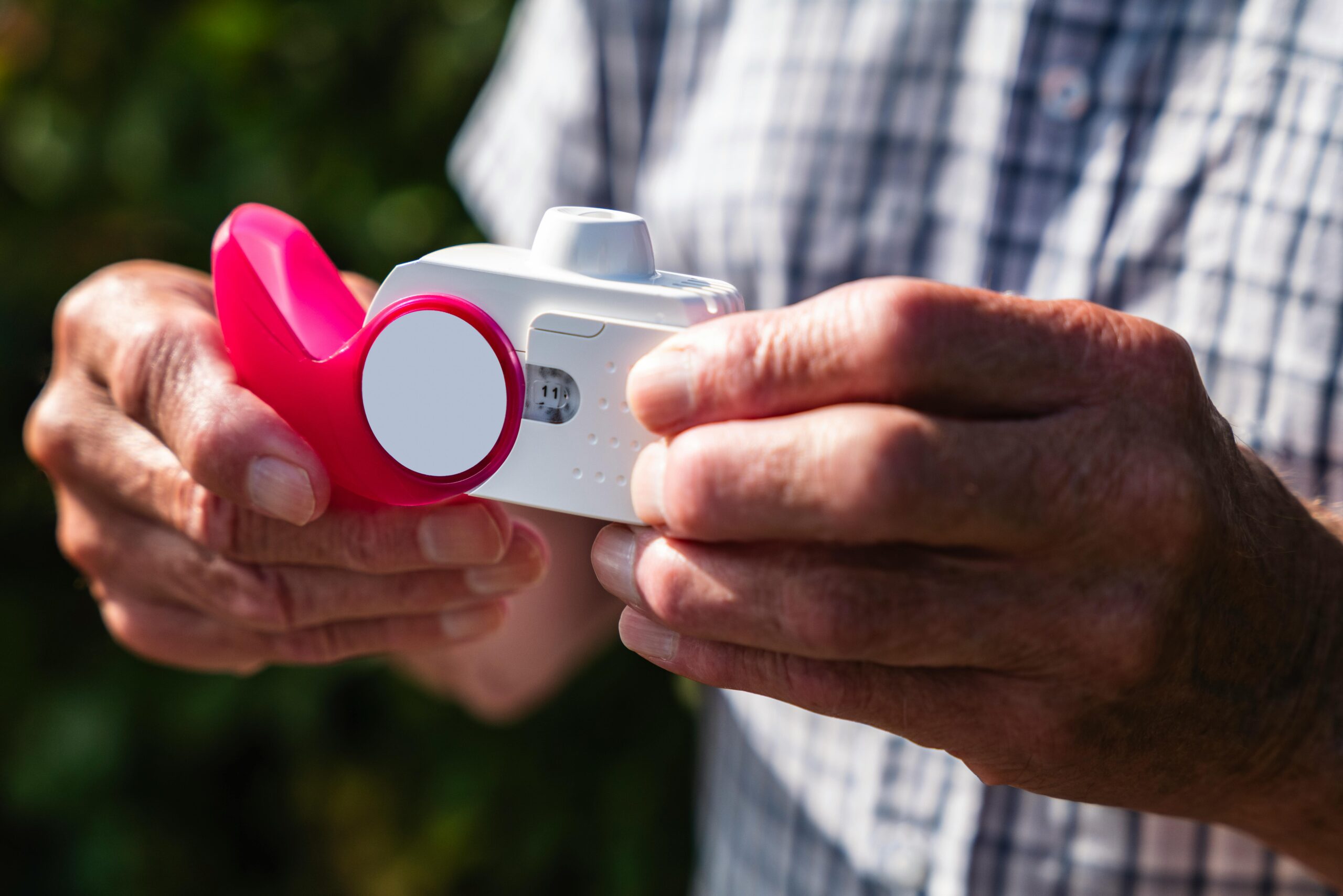Patient Visit Preparation
Creating Continuity Across Care Settings
Want to know more?

Scenario
Maria, a 48-year-old woman with type 2 diabetes, hypertension, and chronic back pain, is scheduled for a routine primary care visit. Over the past 6 months, she’s had a short hospital stay for hyperglycemia, two ER visits for pain management, and a telehealth consultation with a neurologist. However, none of this information is easily accessible to her GP, who has only 15 minutes for the appointment.
The primary care team faces:
- Scattered records across hospital and outpatient systems
- No summary of recent specialist consults
- Limited insight into what happened during ER visits
- Delayed or missing discharge documents
How Realize-365 Helps
Step 1: Visit Preparation via Unified Encounter Summary
Traditional time: 15 to 20 minutes retrieving and piecing together encounter notes
With Realize-365: Less than 1 minute
The medical assistant opens Realize-365 and types into The Pulse:
“Show me all encounters she has had in the last 6 months.”
Within seconds, Realize-365 returns a clean, chronological summary showing:
- One hospitalization for hyperglycemia (June)
- Two ER visits for lumbar pain (July and August)
- Neurology consult with MRI notes (August)
- Recent labs from outpatient follow-up
All records, including PDFs and scanned consult notes, are instantly available in a searchable workspace.
Step 2: Clinical Context and Risk Highlights
Traditional time: Often skipped or limited to anecdotal knowledge
With Realize-365: 2 minutes
The assistant continues:
“Any abnormal trends or unresolved issues from those encounters?”
The Pulse responds:
- No follow-up scheduled after neurology consult
- HbA1c rising (now 9.2%)
- Opioid refills from multiple sources
- Elevated blood pressure readings in last 3 encounters
The system flags risks of poor glycemic control and possible care fragmentation.
Step 3: Structured Hand-Off for the Primary Care Visit
Traditional time: 10 minutes of rushed chart review or skipped entirely
With Realize-365: 1 minute
The assistant asks:
“Summarize what the GP should know before the appointment.”
Realize-365 generates a one-pager including:
- Key findings from recent encounters
- Ongoing medication concerns
- Diagnostic updates from neurology
- Missed referrals or pending labs
By the time the physician walks in, they’re fully briefed and can start with a clear understanding of Maria’s current situation.
Step 4: Decision Support During the Visit
Traditional: Reactive care based on fragmented recall
With Realize-365: Coordinated, forward-looking plan
The GP asks The Pulse:
“What pain meds has she been prescribed over the last 90 days?”
“Was physical therapy ever recommended?”
“When was her last eye exam?”
With immediate answers, the GP discusses a focused plan to address diabetes management, pain control, and overdue preventive screenings.
Clinical Impact
- Time saved: 20 to 30 minutes per visit
- Improved care continuity across hospital and outpatient settings
- Reduced risk of medication duplication or oversight
- Proactive engagement during limited appointment windows
- Empowered clinicians with meaningful, real-time context
Realize-365 transforms outpatient visit prep into a proactive process, ensuring every encounter builds on the last, no matter where it happened.


